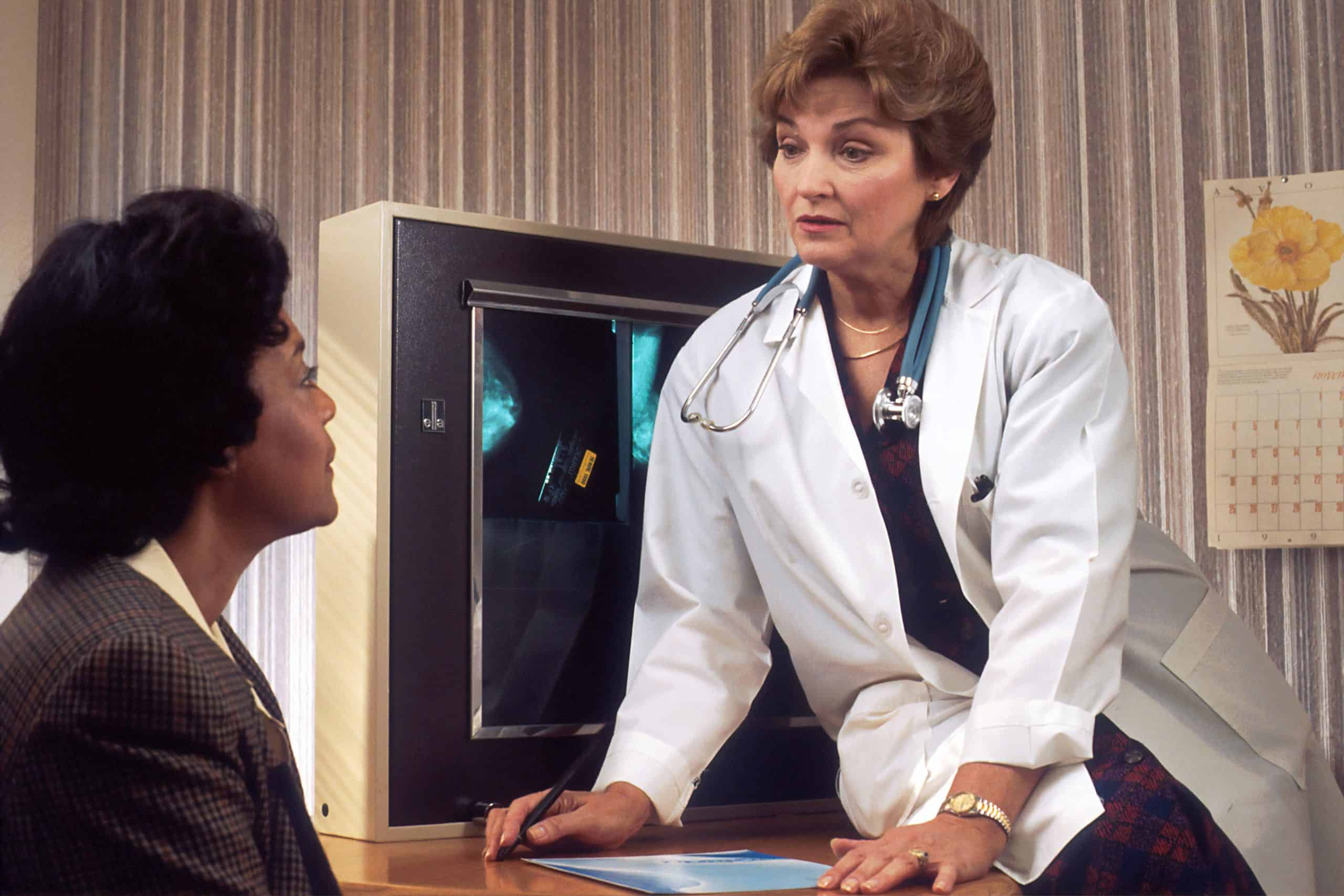Does GFR Testing Reveal Proper Kidney Function In The Elderly Patient?
Pegasus skilled in-home caregivers in Antelope Valley and elsewhere provide comprehensive services to our senior clientele. Their experience enables them to offer expert care for a variety of conditions, including kidney disease. Our career home health care nurses describe proper kidney function for the elderly patient.
Individuals have two kidneys, one on each side of the spine, just below the rib cage. They get their name because they’re shaped like kidney beans. They’re small, about the size of a clenched fist, but they have a big job.
Kidneys are the body’s filtering system. Renal arteries continuously carry blood to the kidneys. Waste products, toxic substances, and excess water are removed from the blood.
The cleaned blood returns to the body through the renal veins. The waste products are transported to the bladder as urine. The urine is then excreted from the body.
Kidneys contain millions of filtering systems called nephrons. Inside each nephron is a group of tiny capillaries called the glomeruli. Those are the filtering mechanisms.
Healthy kidneys filter up to 150 quarts of blood every day. The human body contains about ten quarts of blood, so the blood is filtered many times daily. One to two quarts of water become urine.
The hardworking kidneys do more than filter the blood. They also regulate:
- Blood pressure.
- Hormones that affect the production of red blood cells.
- The acid-base balance (pH levels).
- The quantity of chemicals and minerals, such as calcium, potassium, and salt (electrolytes), in body fluids.
- The quantity of fluids circulating.
- Vitamin D, which is essential for strong bones.
Kidneys also produce prostaglandins from lipids. Prostaglandins play a role in healing injuries.
Although there’s a correlation between aging and loss of kidney function, kidney disease isn’t inevitable. Symptoms of declining kidney function develop slowly as the kidney ages. Individuals often don’t notice the symptoms until the aging loss progresses to disease.
Experts recommend annual testing starting at age 60. Early testing detects symptoms in time to prevent kidney disease or slow its progression.
The Glomerular Filtration Rate (GFR) Measures Kidney Function
Blood and urine tests measure kidney function. Blood tests measure serum creatinine, Glomerular Filtration Rate (GFR), and Blood Urea Nitrogen (BUN). Urine tests measure protein, microalbuminuria, and Albumin-to-Creatinine Ratio (ACR).
The tests primarily measure substances that are present in abnormal amounts if the kidneys aren’t working properly. In some instances, ultrasounds or CT scans are performed. Individuals may also undergo a kidney biopsy.
Health care providers usually start with the GFR. They order additional tests if the GFR is below normal standards. Traditionally, a GFR lower than 60 for three months or more indicates kidney disease.
Recent studies show that the lower GFR may be due to normal aging of the kidneys. The GFR needs to be adjusted on a sliding scale based on age. Unless protein is found in the urine, a low GFR usually does not signify kidney disease in the elderly.
Symptoms Of Kidney Disease
Kidney disease exhibits a long list of symptoms. Some of the noticeable ones are:
- Changes in amount of urine
- Dry and itchy skin
- Fatigue and weakness
- Muscle cramps
- Nausea and vomiting
A low GFR and absence of symptoms in the elderly usually mean they do not have kidney disease. Further testing and medication are often not necessary.
That said, annual GFR testing remains essential. Many kidney impairments that require treatment are discovered through testing. The following list is only a sample:
These have different causes, degrees of severity, and treatments.
Risk Factors For Kidney Disease
Each condition has risk factors. Among them are:
- Cardiovascular disease
- Diabetes
- Genetics
- Hypertension
- Obesity
- Race (Blacks, Native Americans, and Asian Americans are at higher risk)
- Smoking
- Specific medications
Medications include NSAIDs, opioids, some antibiotics, diuretics, and ACE inhibitors, among others.
Some factors can’t be changed. But as a home health care nurse, you can help your patient manage other factors. If they keep their other medical conditions well-controlled, they reduce their risk of developing kidney disease.
Lifestyle habits, such as smoking, can be improved. Modifying their diet and exercising help with maintaining a healthy weight. Both also improve overall health, further reducing the burden on the kidneys.
Some pain can be managed without drugs. Your Pegasus team includes counselors, therapists, and other specialists that understand alternative pain relief techniques. Any reduction in pain medication helps the kidneys.
Kidney Disease Treatment
Treatment for kidney disease depends on the cause. For some, there is no cure. Treatment often focuses on alleviating the cause and complications.
Most treatments are designed to slow the progression of kidney disease. If progression is restricted, the individual may avoid end-stage kidney disease. If not, survival then depends on dialysis or a transplant.
Pegasus is a licensed Home Care Organization and a Joint Commission Accredited Home Health Care organization. Our professional in-home caregivers in Antelope Valley customize their services to fit the needs of each client. Our career home health care nurses are dedicated to improving the health and quality of life of others.

